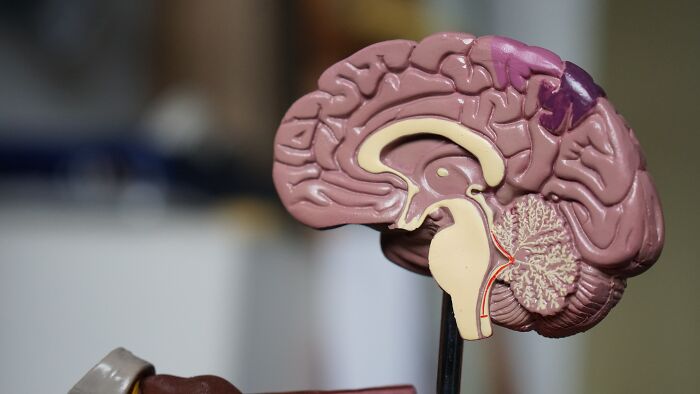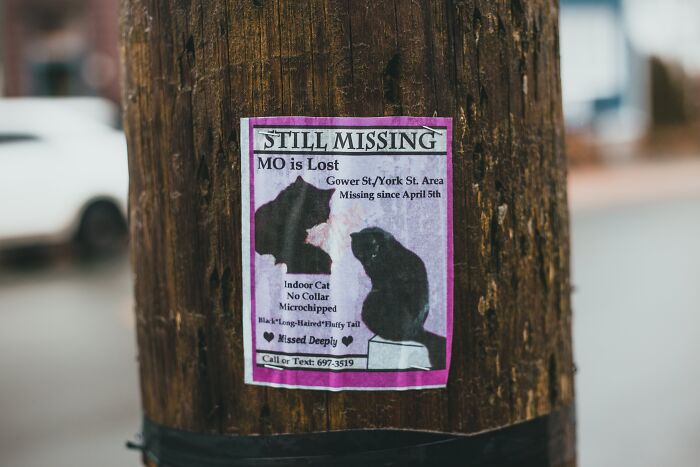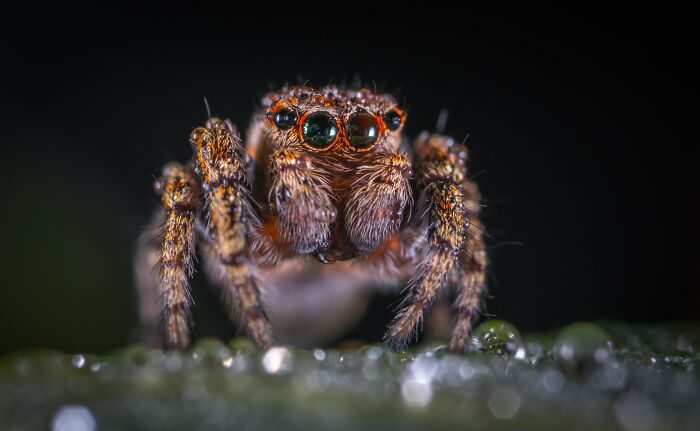It’s very human to get hooked on exciting and shocking things and share that information with others. However, not all that we hear or read is true, no matter how exciting it may seem.
Misinformation can spread like wildfire, even long after being disproven. Luckily, the internet is full of curious people who, seeking to dispel those fake truths, band together in online threads like this and share their knowledge for the world to see. Check out what they wrote down below, and if you feel like you want to keep going, check out this other article of ours, too!
More info: Reddit
#1

Image credits: Maleficent-Winter187
#2

Image credits: amusingtossaway
Some false facts start as a joke, some are made to deceive, and some are first really thought to be correct, only to be proven otherwise later. But regardless of its origin, if not stopped, this fake or outdated information is, at best, annoying and, at worst, harmful.
As we found out by reaching out to u/Clear-Type5753, that is precisely why they started this thread. “There’s so much misinformation out there, and people often guess or don’t research properly,” says the author, emphasizing just how much misinformation there is around us nowadays.
#3

Image credits: PricklyPear1969
#4

Image credits: itmustbemitch
Helping this cause, the OP also added their own contribution to this actively disproven “facts” list. They said that this so-called “truth” would be the belief many people have that a dog’s mouth is cleaner than a human’s. In reality, both humans’ and dogs’ mouths are full of many different species of microbes (at least 600 each), and comparing them is akin to apples and oranges.
The post received around 10,000 upvotes in no more than 2 days, to which the poster said, “I was excited and surprised by the overwhelming response.” In addition to that, being contacted by Bored Panda caught the author unexpectedly. According to them, this surprise was welcomed nonetheless, and they’re happy and honored to have the data of their post used to pursue the further extermination of this misinformation.
#5

Image credits: Busy-Tomatillo-875
#6

Image credits: awkwardcamelid
It’s not like fake news is something fresh and unfamiliar to us. So why do people keep falling for it despite that? This question led us to do more research, coming across an article by the Center for Information Technology & Society.
Surprisingly, gullibility is not to blame here. According to the article, falling prey to misinformation most often happens due to cognitive biases, also known as mental shortcuts and automatic processes meant to make our lives easier, which we all have.
#7

Image credits: aguadiablo
#8

Image credits: Inky-Skies
One of the main culprits here is confirmation bias. It causes people to seek, favor, and remember information in a way that would confirm their preexisting beliefs.
However, the list of cognitive biases significantly affecting our information use doesn’t stop here. For instance, we tend to act without fully understanding the information in front of us, reacting to and forming opinions based on the attention-grabbing titles and not reading the article they’re connected to.
#9

Image credits: Funkytownn
#10

Image credits: bootygoon2
Popularity is another strong factor that causes something known as the “bandwagon effect.” In other words, when people see that a lot of fellow users like and support something, they’re more likely to do it, too.
When we see something shared and reacted to very many times, we might assume that someone else must’ve verified it before for it to get so popular, and thus, we focus way less on assessing this information.
#11

Image credits: JimTheJerseyGuy
#12

Image credits: mynamesamazing
As many could guess, falling for fake news can just as well be accredited to political views and alignments. People are prone to more readily accept information that positively correlates with their political ideology and reject news opposing it.
And lastly, misinformation is notoriously sticky, and it’s difficult to undo the effect that false news leaves. According to the article, our memory is not very good at differentiating between a truth and a lie. When it comes to remembering something, we sometimes tend to assume that information was correct, regardless of whether it was false and whether it was later corrected.
#13

Image credits: Vict0r117
#14

Image credits: Solo-Yolo27
To summarize, in this day and age, information can spread faster than ever before, and disproven “truths” that keep circulating can be more dangerous than they ever were.
Not all of the false information is dangerous - some is simply annoying. But knowing how to differentiate between what’s real and what’s not online is crucial. And updating your mental libraries with corrected facts like the ones we see in this Reddit thread is definitely beneficial.
#15
Myers-Briggs personality test
Image credits: ZimbuMonkeygod
#16

Image credits: Live-Dance-2641
#17

Image credits: Calfee911
#18

Image credits: victorhausen
#19

Image credits: Ahjumawi
#20

Image credits: Diablix
#21

Image credits: Symnestra
#22

Image credits: tastygrowth
#23

Image credits: bumblebearst
#24

Image credits: JannaWing
#25

Image credits: Ol_Man_J
#26

Image credits: GeorgeCabana
#27
#28

Image credits: Plenty_Anywhere8984
#29

Image credits: nhadams2112
#30
#31

Image credits: Extension-Olive9058
#32
#33

Image credits: NurseZhivago







